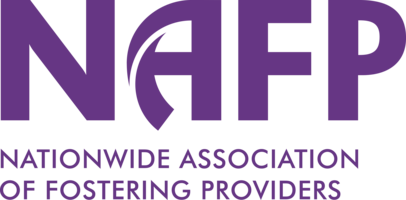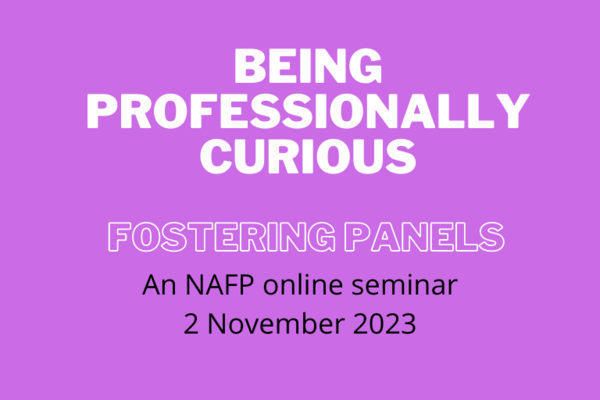Being a fostering panel member requires objectivity, professional curiosity, independence to the fostering agency or the foster carers attending. You are not 'taking sides'. How hard is it not to make judgments or decisions based on our own prior experience, our own thought patterns, assumptions or interpretations and do we know we are doing it?
In the first of two online seminars earlier this year, we began to explore together unconscious bias. Although we like to think we are open-minded, we can be influenced unconsciously by things that feel 'natural’ or ‘right; to us, as opposed to things that take us out of our comfort zone.
Although we explored what this meant for considering someones ability to start their fostering journey and the importance of the annual review process, we did not consider the role of the panel in relation to
- Reviews that highlight standard of care concerns
- Post allegation reviews
- Or where termination of approval is being recommended by either the agency or panel
- Understanding a representation from a foster carer
When considering the above the panel are reliant on seeing a well presented and evidenced based assessment otherwise this can lead to unhelpful deferments or many questions that could have been avoided that ensures the decision making process is fair, balanced and has considered the importance of safeguarding children whilst having a “duty of care” to fostering families.
What has gone wrong, drifted or changed during someone’s time fostering? Have there been opportunities to learn and develop? Or has one incident or concern been so significant that it has led to the report suggesting a fostering role comes to an end?.
In this seminar, part two of our panel series, we will consider the importance of challenge, depth to discussions that show panel have been robust, and informed minutes to show how recommendations with reasons were gained. Also, a reminder that decisions and reasons do not need to be unanimous, there should be enough evidence and analysis in the reports that enables you to make your own recommendations to support the decision making process that follows.
Finally, we will consider the process following the decision making, should the foster carer(s) make a “representation” that could result in a return to the panel for further consideration, or Independent Reviewing Mechanism (IRM).
About the trainer
Catherine Lockett has worked within social care for 38 years as a practitioner and manager within various settings, many within the fostering sector. She has experience of being a panel chair, a panel advisor and an Agency Decision Maker. Catherine is an associate for NAFP and takes a lead on practice discussions, including working with NAFP's fostering panel chair/vice forum.
(this event will be hosted on Zoom; delegates will be emailed details of how to join a few days beforehand)





